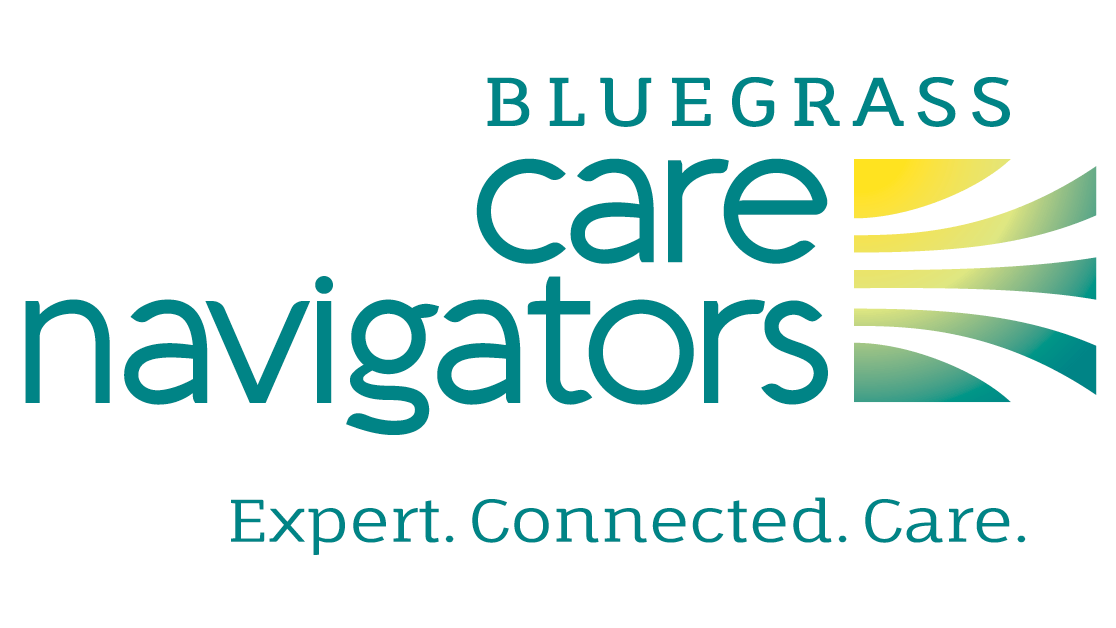Transitional Care Dementia Program
Bluegrass Care Navigators has launched a free Dementia program for caregivers, those who live alone, and individuals with developmental disabilities. Funded by a grant from the Administration for Community Living, our goal is to support those living with Alzheimer's disease or dementia and their caregivers with coping skills, in-home health consultations and companionship opportunities.
Bluegrass Care Navigators now offers a free, grant-supported program dedicated to care and support in the home for families living with Alzheimer’s disease and related dementias.
Who We Help
Bluegrass Care Navigators is now accepting patients who are:
- Caregivers of those living with Alzheimer’s and related dementia.
- Individuals who live alone with dementia.
- Individuals with dementia and intellectual or developmental disabilities.
Why It Matters
With in-home support, we aim to:
- Decrease emergency room visits and hospitalizations.
- Support people living with dementia who desire to live at home.
- Give caregivers of people living with dementia tools and resources to manage the long-term demands of caregiving.
What We Do
Through established clinical interventions, we will:
- Assess caregivers for risk of burnout and depression.
- Provide caregivers tools for managing stress, finding social support and making time for self-care.
- Assist those who live alone with personal care needs, safety and medication management.
- Decrease feelings of isolation for those who live alone through volunteer companionship and connection to community-based resources.
- Support those who work with individuals with intellectual and developmental disabilities with symptom management training and consultations for family caregivers.
How We Help
Our six-month home-based program includes the following for families:
- A caregiver home coach for each family.
- Six home visits plus an additional three visits as needed.
- Ongoing support for each family via telephone as needed.
- Support and companionship from volunteers as needed.
This webpage is supported by the Administration for Community Living (ACL), U.S. Department of Health and Human Services (HHS), Washington, DC 20201 through federal grant #90ADPI0039-01-01 for $1,000,000 and $335,498 in non-government matching sources. Content, points of view, or opinions do not necessarily represent the official views of or an endorsement by ACL/HHS or the U.S. Government.



